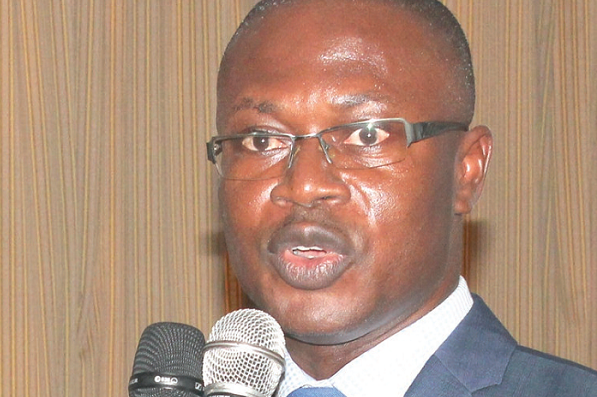
Budget 2017 will bring hope to private sector — ISSER
The Institute of Statistical, Social and Economic Research (ISSER) of the University of Ghana has painted a bright prospect for the country, saying the 2017 budget will bring hope to the private and monetary sectors of the economy.
Advertisement
It, however, indicated that those outcomes would significantly depend on the extent to which key actors within the economy would respond to the tax stimulus coupled with other policy initiatives contained in the budget statement.
Seeds for growth
Making a presentation dubbed “ISSER 2017 post-budget analysis” in Accra yesterday, the Head of the Economic Division of ISSER, Dr Charles G. Ackah, said the initiative to sow seeds for growth and jobs was the way to go in view of the poor state of the economy.
“The budget is bold but its success will depend on a number of conditions, including the quality of the seed and the ground, the skilfulness, diligence and faithfulness of the sowers and more importantly the benevolence of God in sending the rain when it is most needed,” he stated.
Underscoring the need to encourage initiatives aimed at sowing the seeds for growth and jobs, Dr Ackah said: “We hope and pray that there are no greedy birds in or around government circles that would eat up the seeds.”
The Finance Minister, Mr Ken Ofori- Atta, last Thursday presented the 2017 budget to Parliament and ISSER decided to present its views, an exercise it intends to continue as an integral component of its advocacy programme as a contribution to economic national development.
According to Dr Ackah, the 2017 budget had been mainly anchored on an expansionary fiscal policy coupled with usual price stability measures of the Bank of Ghana which, he explained, involved the government’s attempts to increase aggregate demand through either increased spending or tax reductions.
Real sector
Touching on the decline in economic growth in recent times, the Head of the Economic Division of ISSER noted that growth rate in 2016 estimated at 3.6 per cent was the lowest in the last two decades, making it the first time Ghana witnessed five consecutive years of consistent year-on-year decline in economic growth.
Fiscal projections
On the fiscal projections for this year, Dr Ackah said the overall fiscal deficit was expected to reduce this year from the previous years’ levels of 8.7 per cent to about 6.5 per cent on a cash basis and from 10.3 per cent to 4.6 per cent on a commitment basis.
That phenomenon, he said, would be explained by an improvement in the
proportion of GDP that the government would get as revenue and what it would spend out of that expenditure.
He said the outcome of the 2017 policy initiatives on the monetary sector greatly hinged on the success of the fiscal stimulus, which was expected to increase private sector activities to lead to GDP growth.
Agriculture
On the agricultural sector, Dr Ackah described the government’s policy to modernise agriculture, achieve food security, among other initiatives, as a sound policy objective although there was nothing new about it.
For him, most of the proposals aimed at modernising the agricultural sector were essentially repetitions of previous policies.
The Director of ISSER, Professor Felix Ankomah Asante, who chaired the function, underscored the need for fiscal discipline, increased productivity and the strengthening of weak institutions to engender the desired economic growth.




